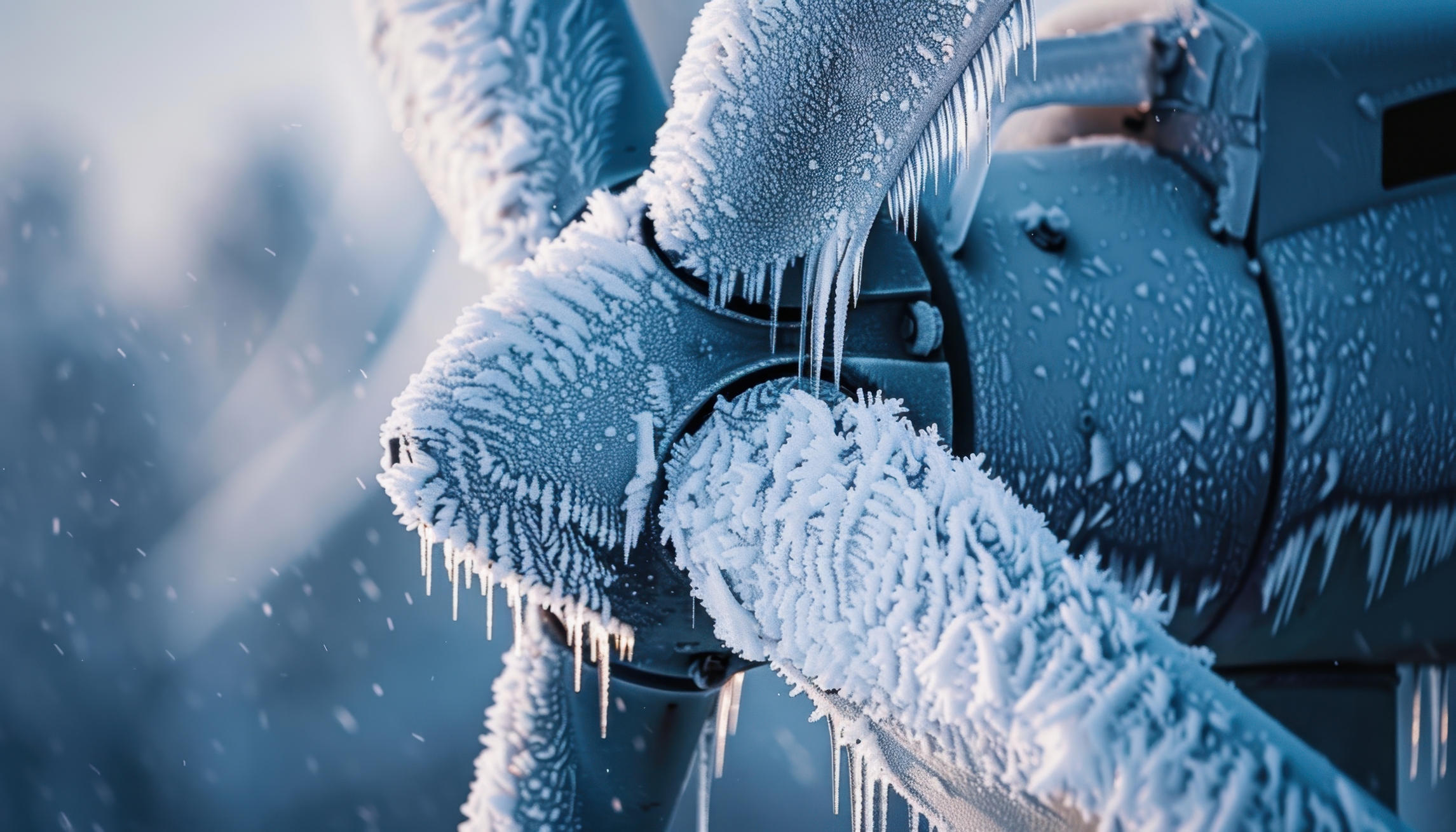
24/7 Customer Support – Contact Us Anytime!
As leaders in aviation analysis, Aviation Laboratories is committed to keeping our valued customers informed about critical industry updates. The recent Federal Aviation Administration (FAA) Airworthiness Directive (AD) concerning Lycoming engines is a significant development that requires immediate attention from aircraft owners and operators.
Effective December 5th, 2024, the new AD mandates the following for many Lycoming engine models:
It’s crucial to note that part replacement should never be postponed beyond the standard overhaul period.
This directive affects owners and operators of aircraft equipped with numerous Lycoming engine models. If you’re operating an aircraft with a Lycoming engine, it’s essential to familiarize yourself with these new requirements and take appropriate action.
We’ve received inquiries about using oil analysis to satisfy the AD requirements. However, it’s crucial to understand that the AD specifically calls for filter analysis. Here’s why:
Lycoming understands these limitations, which is why they’ve specified filter analysis in the AD.
As experts in aviation-only analysis, we offer unparalleled services to help you meet the new AD requirements:
Don’t wait until the December 5th deadline. Protect your aircraft and ensure compliance:
At Aviation Laboratories, we’re not just a service provider – we’re your dedicated partner in maintaining aircraft safety and compliance. Let us help you navigate this new directive with confidence and peace of mind.

With nearly 40 years of specialized experience in aircraft oil analysis, Aviation Laboratories stands as the industry’s leading authority in identifying engine wear patterns and

In aviation, every detail matters. From the fuel that powers an engine to the hydraulic fluid that operates critical systems and the oil that keeps

As the new year kicks off, the aviation industry is once again thrust into the heart of winter’s challenges. Freezing temperatures, snowstorms, and icy conditions

As leaders in aviation analysis, Aviation Laboratories is committed to keeping our valued customers informed about critical industry updates. The recent Federal Aviation Administration (FAA)
4 Responses
I have a Challenger oil filter on my plane that is reusable. At oil change, it is flushed cleaned with mineral spirits and particles filtered out. Could this be used to satisfy the filter analysis?
Yes. Visual inspection of the material from the screen is an acceptable action, based upon the AD.
I have a Lycoming 0320 that is subject to the new AD for connecting rod issues. I do not have a filter so will need to pull oil screen at every oil change to look for bronze particles. I was wondering if there is value in having an oil analysis kit available for every oil change as well that could help validate any issues with connecting rods? I learned from your website that a filter is best way to capture large particles, and oil analysis only will not be able to verify sources of bronze.
Oil analysis can only “see” elements. Bronze is an alloy comprised primary of the elements copper and tin, but copper and tin can sometimes be found in other things, so their detection is not necessarily indicative of bronze. Bronze however, can be definitively detested from “chips”.